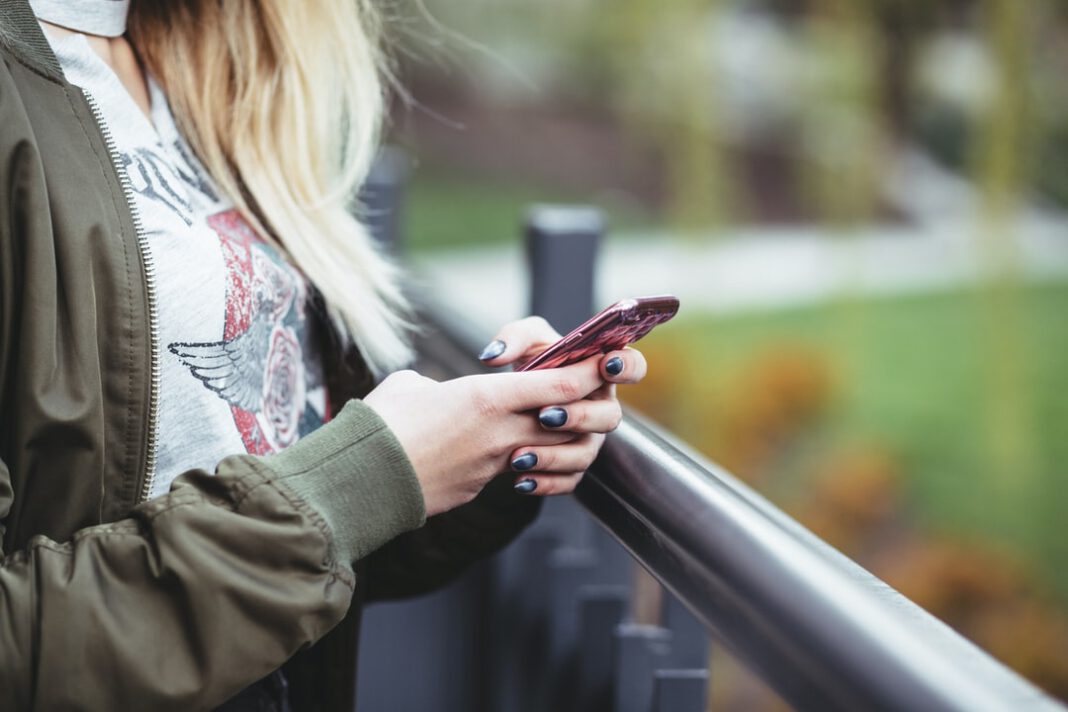Scammers have been selling fraudulent statements indicating that a person is free from coronavirus without ever having been tested, reports AD. The bootleg documents show falsified names of doctors and laboratories and are sold primarily for use when crossing borders.
Such virus-free declarations are required to cross borders into many countries, including Germany, Switzerland, and Italy.
As the GGD only tests people with complaints and does not issue such travel statements, they must be purchased from private parties. These legitimate companies take a standard PCR test and issue a statement of results, costing the consumer around 150 euros.
Cheap rates
Fraudsters have taken the opportunity to issue false statements for a much lower rate — between 50 and 60 euros. They operate via WhatsApp and Snapchat under names such as Digitale Doktor and Vliegtuig Arts.
The declaration is arranged in a matter of minutes. All it takes is a bit of personal information and online payment. An actual coronavirus test is not a part of the package.
Doctors who have had their names used falsely, such as Preem Heera who works for the Corona Test service, have notified police.
Not surprising
Director of HetHuisartslab (one of the falsified labs) Maarten Cuppen knows that Dutch people have been travelling with forgeries and is not surprised. “If the carrier or the country of arrival does not properly check those statements, the fraudsters will go free,” he tells AD. The Health and Youth Care Inspectorate doesn’t “supervise the content of travel statements.”
Arjan van Emmerick, director of Corona Test Service (another forged test lab) says there’s a lack of government supervision. “There have been very stormy developments. Out of nowhere, other governments demanded that you can only enter their country with a statement.” He adds, “Many children nowadays are very handy with computers.”
Heavy consequences
Criminal lawyer Sander Janssen tells AD that buyers and sellers are both at risk of criminal charges. “This is forgery, a serious crime for which you can get a prison sentence.”
And if the traveller is, in fact, infectious with coronavirus, a harsher penalty is likely. “If you infect someone and this person becomes seriously ill, it can be seen as causing serious physical injury. Compare it to an HIV patient who has sex with someone else. And if someone dies, it can even go towards attempted homicide. It is far-fetched, but it is possible.”
Are you surprised by the forgeries of negative test declarations? Let us know your thoughts in the comments.
Feature Image: Freestocks/Pexels



